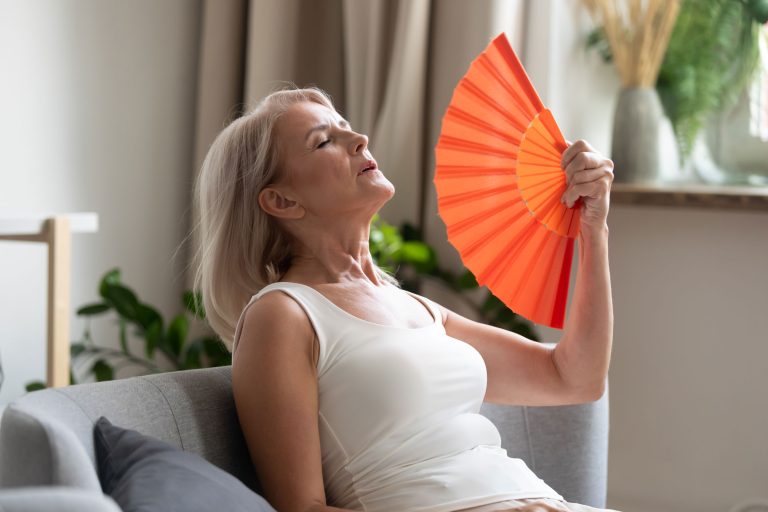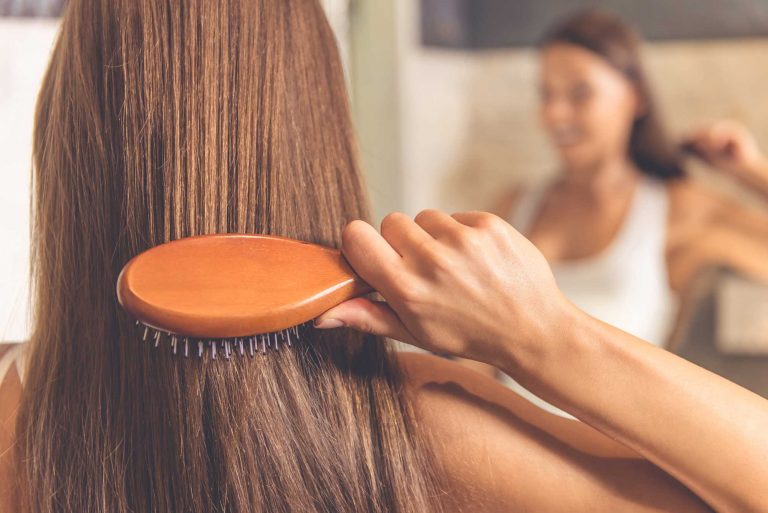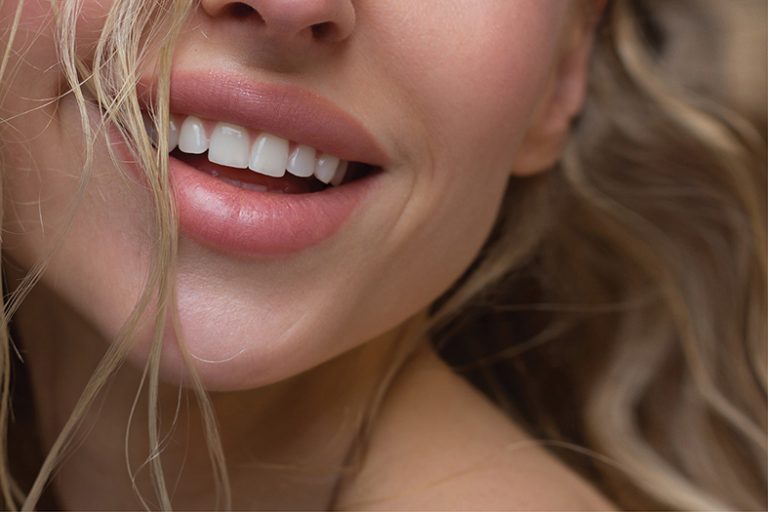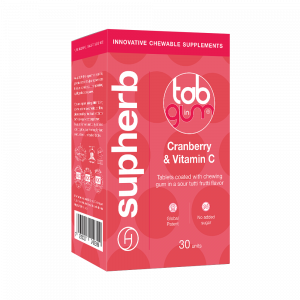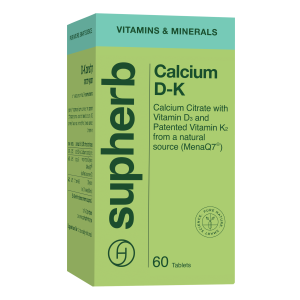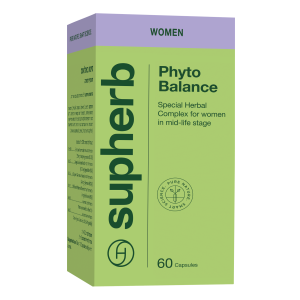Menopause: Common Symptoms and the Natural Solution
- Menopause is a natural phase in a woman’s life, when hormonal changes occur causing common symptoms such as heat waves, perspiration and accelerated heartbeat.
- The decrease in estrogen levels, occurring towards the age of 50, has many effects0 on a woman’s body and is the cause for the appearance of menopausal symptoms.
- It’s customary to combine medicinal herbs that contain components called phytoestrogens, In modern herbology, for support during menopause.

Every woman goes through menopause, what does going through menopause actually mean? What do you feel and how do you treat it? Read about it in this article.
Menopause is the phase in a woman’s life when her menstrual cycle stops. The term comes from the Greek words menos = month, and pausa = stopping. The common age for the beginning of menopause in the Western world is 50, however, the age goes down, with time, and menopause sometimes starts in women as young as 46-48 years.
Menopause is more than just another biological process that a woman goes through, what a woman experiences is this phase can be influenced by social and cultural factors. Western society glorifies and stresses the importance of staying youthful and ‘anti-aging’, which makes it difficult for women in Western culture to welcome this phase of their lives. In contrast, in many traditional cultures worldwide, menopause brings forth great respect and a respite from bearing children.
The process can be divided into three parts:
Perimenopause – also called climacterium, a preliminary stage in which ovulation still occurs but menstruation is irregular. There’s a gradual decrease in estrogen levels and in progesterone production in this preliminary stage. Some women will already experience symptoms such as heatwaves in this early stage.
Menopause – it’s diagnosed when a woman has gone through 12 month or more without menstruating. This is the phase in which the ovaries stop producing estrogen and the woman can no longer conceive.
Post-menopause – the phase in which there are no longer side effects of no menstruation.
Menopause: what do you feel?
- Heatwaves
- Increased perspiration
- Accelerated pulse
- Vaginal dryness
- Recurring urinal tract infections
- Weight gain
- Hair loss
- Mood swings – irritability, anxiety, and bad mood
- Insomnia
- Memory disruptions
We should mention that just like any other area in your life, changes to your lifestyle can assist in improving the situation: quitting smoking, appropriate and healthy diet and regular and moderate exercise can alleviate your symptoms.
The common symptoms for menopause
Heatwaves
The most common phenomena in menopause. Heatwaves occur suddenly, starting with the head, face and chest, and are accompanied by flushing in the face and neck and increased perspiration. Heatwaves last a few minutes, and their frequency varies from one woman to another. They affect your mood and quality of life and occur more common at night.
Vaginal dryness
A common symptom in menopausal and post-menopausal women. As a result of the decrease in estrogen levels, the vaginal lining becomes thinner and there’s a decrease in vaginal fluids production, causing discomfort, tingling and pain during intercourse.
Recurring urinal tract infections
As a result of the hormonal changes during menopause, many women suffer from recurring infections and bacterial infections in their urinal tract systems. The urethra lining also thins and along with changes to the natural flora and PH levels, the chance of contracting infections during this face increases. Another symptom is an increase in frequency and urgency of urination as a result of a decrease in the flexibility of membrane.
Menopausal symptoms – is there a natural solution?
Some women look for a natural solution to alleviate the symptoms of the menopause, for various reasons. Some of the more common solutions menopausal women choose is the use of medicinal herbs that contain components called phytoestrogens. These plant-based components have a similar structure to human estrogen and are therefore able to bond with receptors and create a reduced affect that might alleviate estrogen decrease-related symptoms.
Women who suffer from recurring urinal tract infections can use especially designed probiotic supplements, which contain a combination of probiotic bacteria with cranberry essence, as a preventive treatment.





